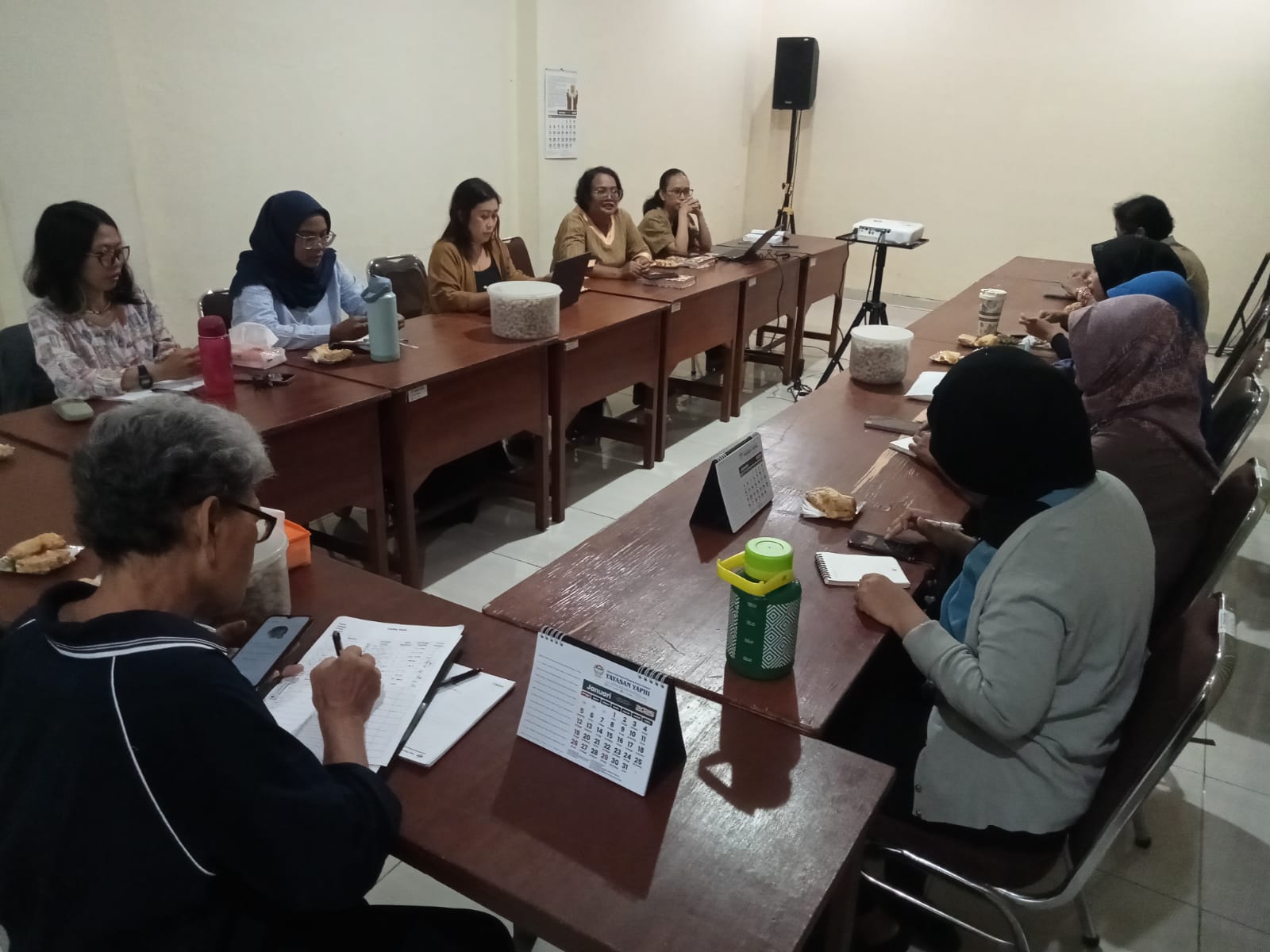Recurrent problems are happening with regards to the management of sexual violence against women and children in Sukoharjo District. These include: visum et repertum of victims is not free, aidis delivered by a group of government agency staff wearing unifrom to victim’s house, no psychologist being available other than at Ir.
Soekarno Public Hospital, bureaucratic response to cases, no victim accompaniment during investigation, Police officer are rude when asking victims and have no sympathy towards victims, victim rehabilitation is only about providing aid in the form of daily needs, access to DNA test is not free, stigma against victims, case-per-case improvement in access to services, and no integrated and comprehensive system for service. These are the findings of the Network for the Services of Women and Children Who are Victims of Violence in Sukoharjo (JLPAK2S) during discussion at Anawim Room, Yayasan YAPHI, on Thursday (16/1).
As told by Dunung Sukocowati of the time she accompanied a female victim of sexual violence with disability when they were asking for aid to pay for descent accommodation, they had to set up network with Paguyuban Sehati. She also said that one challenge to get access to health services was that the victim had a mental disability with an intellectual age of an eight year old. She lived with her family and her mother was physically disabled. The victim gave birth to a child, and the child should get access to education and health services. Dunung consulted the Population, Family Planning , Child Protection, and Women Empowerment Agency (DP2KBP3A) which then referred them to a network of other stakeholders – social agency, health agency, and education agency.
There is no integrated system to manage cases, hence cases are handled on case-by-case basis. Yet DP2KBP3A in Sukoharjo District already has a Standard Operational Prosedur (SOP) for case management as articulated in District Administrator Regulation No. 06 Year 2024. The SOP is not addressing the issue because the SOP is only executed by DP2KBP3A alone, and no other agencies and/or stakeholders are involved.
Edy Supriyanto from Sehati emphasises the importance of understanding the characteristics of Sukoharjo District, and its stakeholders. Why? Because there is every indicationthat they are ‘allergic’ to NGOs, which they perceive as mass organisations.
Looking at advocacy done by JLPAK2S in Sukoharjo District, it is clear that the organisation had conducted a hearing with the Parliament about the same issue as above. Yet, NGOs working in the issue still face the same challenges.
Following joint agreement by YAPHI, SPEK-HAM, Sehati, Kakak, MHH Aisyiyah, Fatayat NU, Kaukus Perempuan Surakarta (KPS), LKBHI and other members of the network, there will be hearing with DP2KB3A that would involve district agencies – health office, social office, and education office. For that reason, case data, timeline and facts are critical, including challenges in managing the issue. (Ast)












